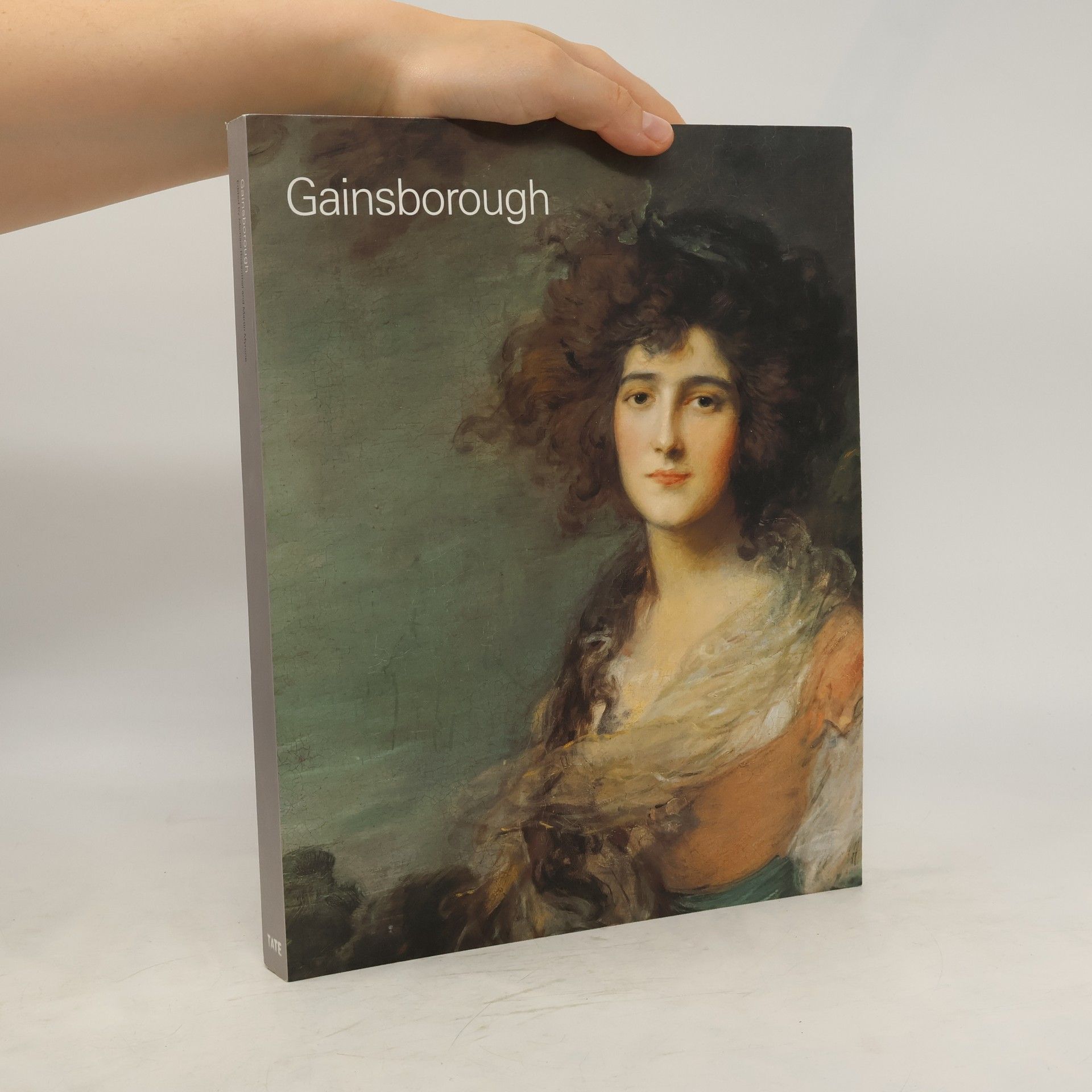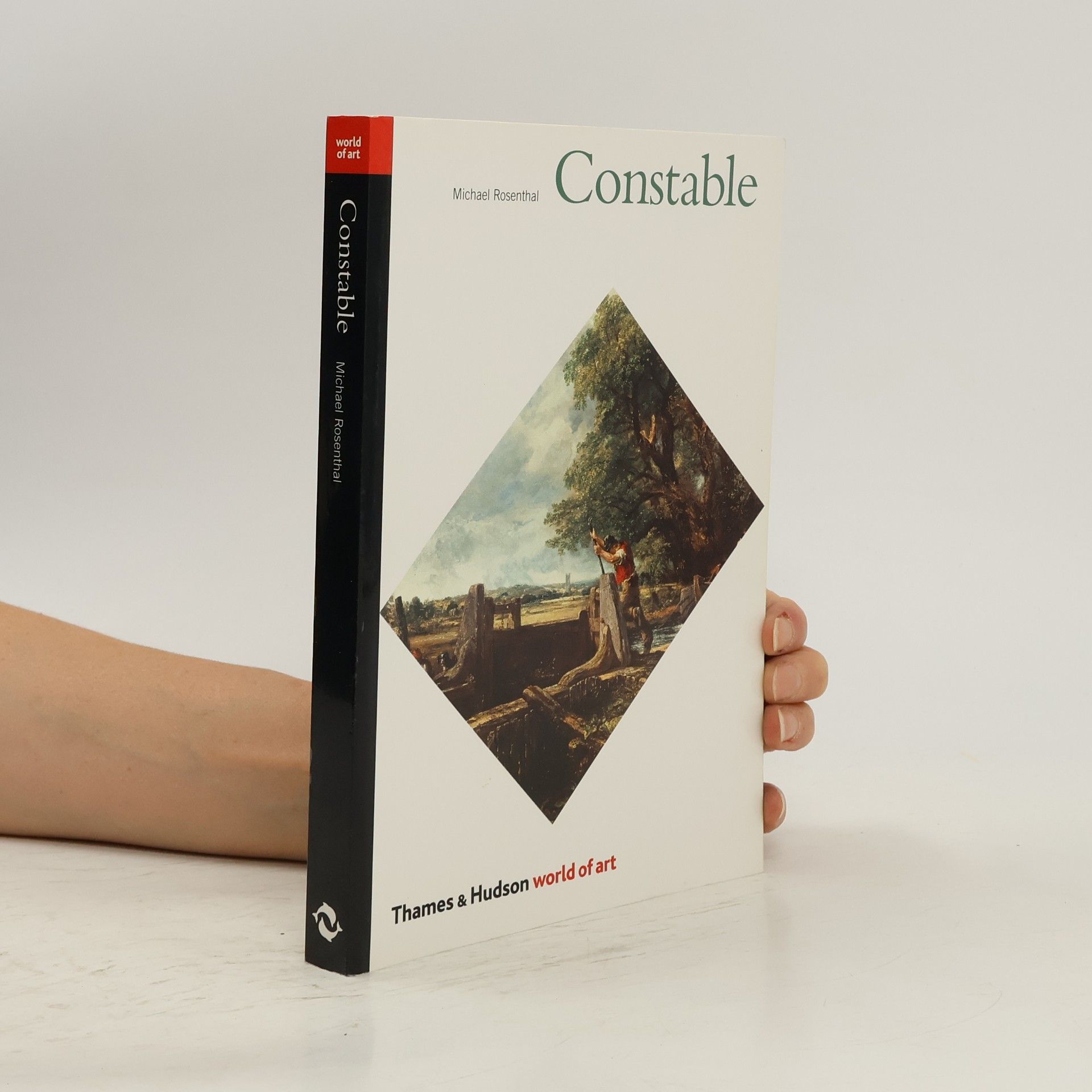Traces the development of the career of the English artist and analyzes his paintings, water colors, and drawings.
Michael Rosenthal Libri






Gainsborough
- 272pagine
- 10 ore di lettura
Gainsborough is widely acknowledged as one of the masters of eighteenth-century art. Published to accompany a major exhibition at Tate Britain in the Autumn of 2002, this book demonstrates the sheer range, quality and originality of Gainborough's ouevre, from his engagingly naturalistic landscapes to his glamorous yet highly sophisticated portraits. Alongside some of the most familiar images in British art, epitomising the elegance and charm of the age, are rarely seen examples that contibute a new and perhaps surprising vision of the artist's work.
Virginia Woolf
- 280pagine
- 10 ore di lettura
The book offers a critical examination of Virginia Woolf's body of work, analyzing both her fiction and non-fiction. It delves into the various methods Woolf employed to express her artistic vision, highlighting her innovative approaches and contributions to literature throughout her career. This study provides insights into Woolf's thoughts and techniques, enriching the understanding of her impact on literary history.
Turner and Constable: Sketching from Nature
- 120pagine
- 5 ore di lettura
Exploring the development, variety and innovation of the landscape oil sketch this book is generously illustrated with many masterpieces of nineteenth- century British landscape painting. Accomapnies a major UK touring exhibition.
European Merger Control
A Handbook
European merger control is among the most important and complex aspects of competition law. The rapid pace of development in this area presents a further challenge: legislation and guidance documents are frequently issued and updated, and the formidable body of case law continues to grow at a daunting rate. This 2nd edition provides a comprehensive treatment of EU merger control law and procedure addressing an extensive body of precedents since the 1st edition was published in 2010. It adopts an integrated approach that embraces both the law and economics of merger control, supplemented throughout with practical insights drawn from the authors’ own experience. The book blends practical and academic perspectives and addresses new and unsolved questions of EU merger control law. Highlights Specific and detailed treatment of EU merger control Comprehensive and up-to-date overview of recent caselaw and Commission guidance Detailed analysis of economic issues posed by the EUMR
Wohin wollen wir?
Grundriss einer guten Gesellschaft
Wie sieht eine gute Zukunft für uns alle aus? Wohin wollen wir als Individuen, wohin als Gesellschaft? Und wie kommen wir dorthin? Das Coronavirus, der Klimawandel – unser Alltag ist momentan von Krisen geprägt. Krisen erschüttern die Gesellschaft, regen aber gleichzeitig dazu an, das bisherige Leben zu hinterfragen. In jeder Krise stecken also eine Chance und eine Möglichkeit der Neuorientierung. Doch welchen Kurs wollen wir einschlagen? Was macht ein »gutes Leben« überhaupt aus? Um diese Fragen gesamtgesellschaftlich zu beantworten, müssen die Interessen aller Beteiligten einbezogen werden – die von Menschen, aber auch die nichtmenschlicher Lebewesen. Michael Rosenthal greift zahlreiche wissenschaftliche Erkenntnisse auf und führt sie zu einem Ganzen zusammen. Dabei entsteht ein Bild, das eine Vorstellung davon vermittelt, was eine gute Gesellschaft ausmacht. Es lädt dazu ein, sich auf den Weg zu machen, um dem guten Leben, das auf Mitmensch und Natur Rücksicht nimmt, ein Stück näher zu kommen.